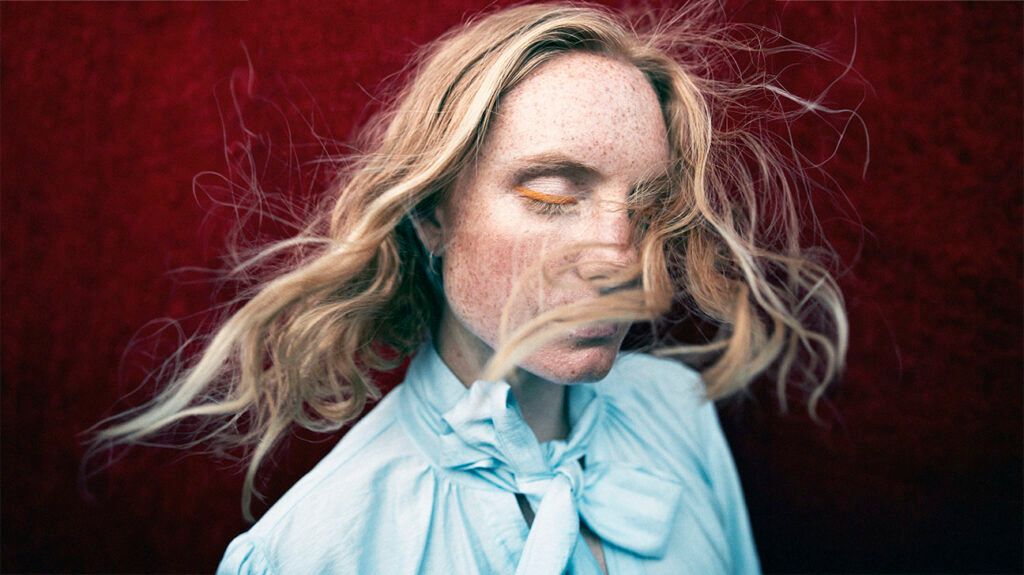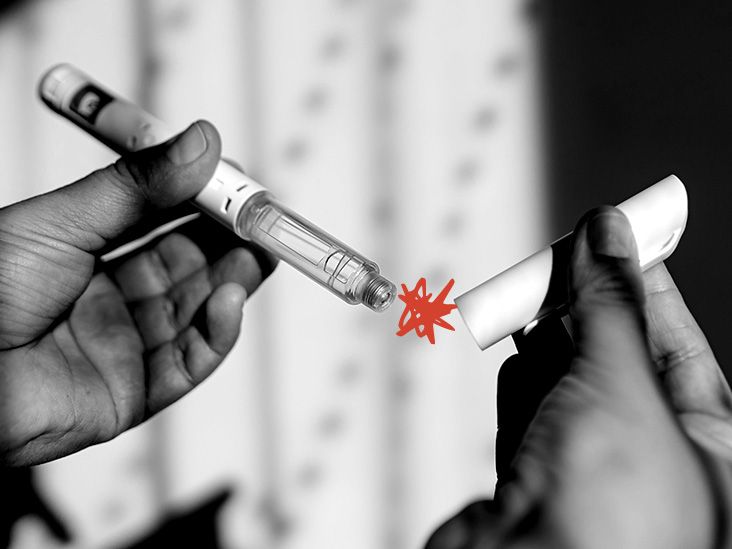Polycystic ovary syndrome (PCOS) is a common hormonal condition that affects females of reproductive age. Due to excessive production of testosterone, some people may experience hair loss or thinning.
PCOS is an endocrine disorder. This means it is a condition that affects hormones and can affect many parts of the body. Due to the hormonal imbalances that may occur with PCOS, a person can experience a variety of symptoms.
People with PCOS may sometimes experience changes to their hair, such as hair thinning or hair loss. This is likely due to an increase in androgen hormones that may occur with PCOS. Androgens are a group of sex hormones that play a variety of roles in the body.
Females will naturally produce low amounts of androgens from their ovaries. However, PCOS can result in an increase in these hormones, which can lead to a type of female pattern hair loss known as androgenetic alopecia.
A note about sex and gender
Sex and gender exist on spectrums. This article will use the terms “male,” “female,” or both to refer to sex assigned at birth. Click here to learn more.

PCOS is a chronic condition that can cause hormonal imbalances. Symptoms of PCOS
Some people with PCOS
Androgenic alopecia
Androgenetic alopecia, also known as female pattern hair loss (FPHL), is the most common type of hair loss that affects females. Evidence notes that FPHL may occur due to various genetic and hormonal factors. It often relates to conditions that cause an increase in androgen hormones, such as PCOS.
Androgens are hormones that play an important role in male sexual development. However, they also have other vital functions in both males and females, such as regulating hair growth.
The growth of hair from a hair follicle is cyclical. It undergoes
Also known as Stein-Leventhal syndrome, PCOS is an endocrine system disorder. This term describes medical conditions where the endocrine system, which produces hormones, does not function correctly.
PCOS affects how the ovaries work. The ovaries are part of the female reproductive anatomy. They play a role in producing hormones and releasing eggs. However, with PCOS, a person experiences a
Despite the name, PCOS does not cause cysts on the ovaries. Instead, it results in the ovaries becoming larger and containing a large number of fluid-filled follicles. The follicles are underdeveloped sacs where eggs develop. In individuals with PCOS, these sacs are often unable to release an egg, meaning ovulation does not take place.
The exact cause of hair loss with PCOS is still unknown. However, it likely occurs due to a hormonal imbalance and an increase in androgen hormones, resulting in FPHL.
The ovaries produce a variety of hormones, including androgens. The body can usually regulate hormone production. However, in those with PCOS, hormonal problems can result in an increase in androgen levels.
For example, evidence suggests that insulin resistance likely plays a role in
Individuals with PCOS may also have low levels of sex hormone-binding globulin (SHBG). This protein binds to sex hormones such as testosterone. When this protein attaches to a sex hormone, the body is unable to use it. As such, low levels of SHBG may indicate that a person has higher levels of testosterone available for the body to use.
High levels of androgens in PCOS can affect the hair growth cycle. This can lead to gradual thinning at the part line and hair loss radiating from the top of the head.
At present, there is no cure for PCOS. However, it is possible to
As such, it is possible to reverse hair loss due to PCOS, but it may not be possible to completely restore hair to its original state. Treatment options for PCOS may stimulate the growth of new hair. There are also other methods people can use to mask PCOS-related hair loss.
Different types of medications
Birth control
Hormonal contraception refers to hormone-containing birth control methods that act on the endocrine system. They typically contain either estrogen and progestin or progestin alone. They work by preventing ovulation and are available as a:
As these methods of birth control are hormonal, they can help with symptoms of PCOS. Some evidence suggests that estrogen may support hair growth and lower levels of androgens.
Learn more about birth control for hair growth.
Antiandrogens
Antiandrogens describe a group of drugs that help to counteract the effect of androgenic hormones, such as testosterone. Although these drugs do not have Food and Drug Administration (FDA) approval for treating PCOS, they may help block the effect of androgens and reduce scalp hair loss.
For example, a person may receive spironolactone to treat PCOS and FPHL. However, a
Metformin
Metformin is a drug that people typically use to help treat type 2 diabetes mellitus by making the body sensitive to the hormone insulin. Some evidence notes a close relation between problems with insulin and PCOS. As such, a doctor may recommend treating PCOS with metformin.
Although more research is still necessary,
Minoxidil
Minoxidil is a medication that has FDA approval for treating hair loss in males and females. It is typically available as a topical solution that a person applies directly to the scalp. It works by shortening the resting phase of the hair, causing it to enter the growing stage. This can help encourage hair growth and increase the thickness of hair.
Learn more about treating female hair loss.
Some people may consider using natural treatments to help manage symptoms of PCOS. A
A
- copper
- niacinamide
- hyaluronic acid
- thiamin
- riboflavin
- biotin
A person may also consider covering up their hair loss. This can include using wigs, hair extensions, or scarves.
Women’s health resources
Visit our dedicated hub for more research-backed information and in-depth resources on women’s health.
Polycystic ovary syndrome is an endocrine disorder that can result in a hormonal imbalance. PCOS can cause the ovaries to produce an excessive amount of androgen hormones, such as testosterone. This can cause a person to experience a type of female pattern hair loss known as androgenetic alopecia.
There is currently no cure for PCOS. However, treatments are available to manage symptoms, such as hair loss. This may involve using medications such as birth control, antiandrogens, metformin, and minoxidil. Some natural treatments, such as chasteberry, may also show some benefit for managing symptoms.


